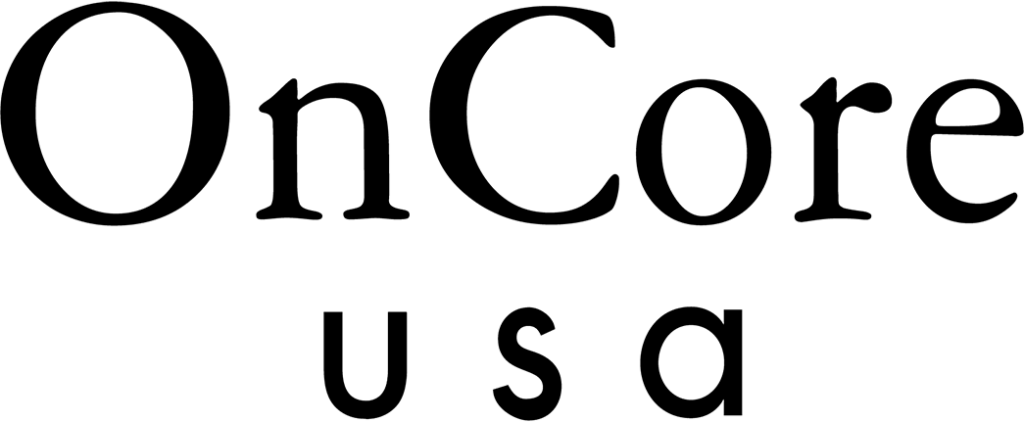
First impressions only happen once. There is no way to go back in time and re-do the first time you met someone. We are also very strongly attuned to rely on our first impressions, and this can blindside us if our original impression is wrong.
In the hiring process, understanding this is an important aspect of being a good interviewer. By being aware of your personal first impression bias, you can learn to negate its effects and make the right choice.
Understanding First Impression Bias
Before getting into ways to combat first impression bias, it is important to understand exactly what it is. Everyone, no matter who they are, makes an impression based on preconceived notions and biases regardless of whether they are aware of them or not.
An example of an unconscious bias that could stem from a first impression is meeting a tall person for an interview. In this example, a very tall person is more intimidating and has physical advantages over you as opposed to a short person who would not invoke anxiety due to their physical size.
Depending on your own personal biases, the simple fact that the interviewee is tall may make you view them more or less favorably despite their height having nothing to do with their ability to perform the job well. You may unconsciously and unfairly give them positive traits like confidence and steadfastness or negative traits like arrogance or stubbornness.
Interview Without First Impression Bias
Being an objective interviewer can be a challenge since people from all walks of life, ages, educational backgrounds, and cultures may apply for a job.
Common misconceptions can be a strong indicator of first impression bias such as believing a person of foreign descent won’t understand English well. If the interviewee is clearly from another country, you may find yourself speaking in more plain terms and slower before getting to know exactly what their English speaking ability is. This could come across as condescending.
The most simple and straightforward way to avoid such first impression bias is to conduct a phone interview first. This allows you to avoid most preconceived notions and not make any judgments based on appearances.
Prepare Questions In Advance
To avoid getting too personal or treading into dangerous waters during an interview with a prospective employee, it can help to write down your questions in advance. This will help prevent your questions from being influenced by your own first impression bias.
There is nothing wrong with having your basic interview questions scripted in advance and it helps ensure that everyone interviewed is treated equally.
Even questions of a personal nature can be phrased in a way that makes them appropriate to ask applicants of all genders and cultural backgrounds.
Get an idea of what the applicant’s values are by asking subtle questions about hypothetical scenarios as opposed to outright asking them something that could be considered offensive.
Consider Being On The Receiving End Of Your Interview
One of the best ways to find out whether your interview process is objective and free of bias is to pretend to interview yourself. Use a quiet place and a mirror and don’t be afraid to go through each of your planned interview questions and ask yourself how you would answer and how you feel to be asked your particular questions.
These questions should cover the gambit from work history, physical ability, educational background, cultural fit, and willingness to work with other employees and customers of diverse backgrounds.
Even though you ask everything right, there is always a chance that you rub someone the wrong way and they will become defensive or offended. In this case, it is best to make a note of the issue and move on from it as quickly as possible.
Unconscious First Impression Bias
There are some other factors to consider that may affect how your next interview goes. Everything from watches, to teeth, makeup, gender, and clothing can all contribute to a first impression.
Try to avoid assumptions such as the applicant is rich simply because they possess a nice watch. An example of this type of question would be, “you must be from a rich family, why would you want a job starting at this level?”
If you think you may have a problem with unconscious first impression bias, you can consider asking a fellow employee to role-play the part of an applicant. This will give you a chance to go through your interview process and rehearse what you will say so you can revise your questions based on the feedback you receive.
Eliminating first impression bias won’t come easy and it won’t happen overnight, but by expanding one’s awareness of what it is and how to counter it, it is possible to all but eliminates it. Make your next interview as objective as possible and ensure you get the right candidate for the job every time.
Sources




